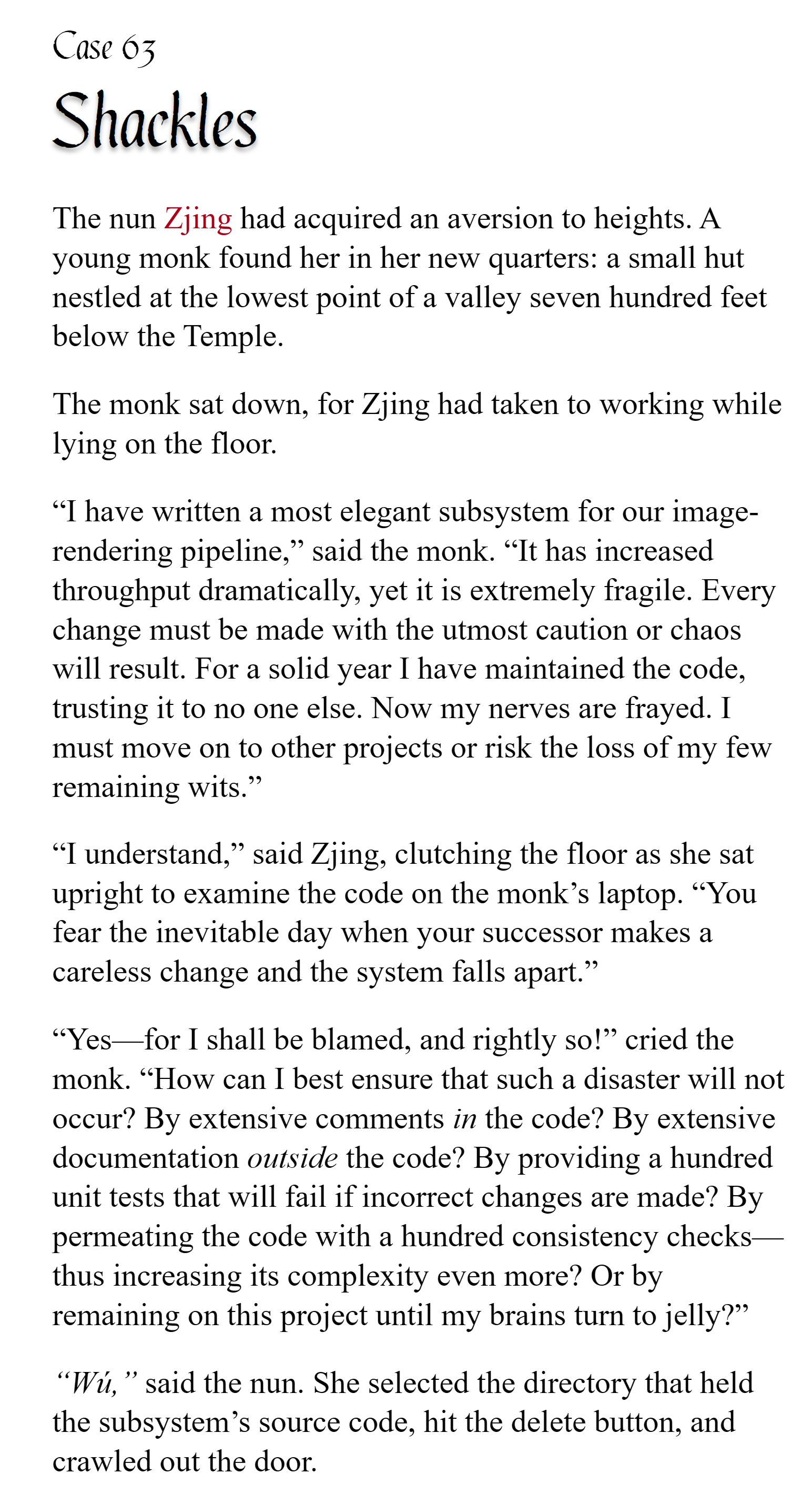Nothing is as permanent as a temporary solution that works.
Hey pips!
We’ve looked at the snowflake * operator a lot, so we can now move onto the double snowflake **. This is essentially identical to the single snowflake, except it works with key-value pairs instead of individual objects.
Where have we seen key-value pairs before? In keyword arguments, of course.
def check(data = None, sanitise = true):
return str(data).lower() if sanitise else data
check(data = "soup", sanitise = False)And where else? Dictionaries, of course.
config = {
"data": False,
"sanitise": True,
}So if we store our arguments in a dict, where the keys are the parameters, then we can ‘unpack’ them into the function with **.
>>> check(**config)
falseLet’s visualise how this unpacking is happening:

If you think of * like removing the brackets from an iterable, then ** removes the {} from a dict and converts the : to =.
Again, this is syntactic sugar, and the only places you can use it are function calls. However, constructing a dictionary is akin to calling dict(), so we can actually use ** there!
>>> previous = {"m": 3, "c": 9}
>>> evolved = {"n": "pi", **previous}
>>> evolved
{'n': 'pi', 'm': 3, 'c': 9}This is the fastest way to merge dictionaries in Python – just unpack them into a new one.
>>> d1 = {"red": False, "green": True}
>>> d2 = {"yellow": True, "blue": True}
>>> d3 = {"orange": True, "purple": False}
>>> {**d1, **d2, **d3}
{'red': False, 'green': True, 'yellow': True, 'blue': True, 'orange': True, 'purple': False}The other purpose of ** is to define arbitrary keyword parameters. Remember that *args packs all extra positional arguments into one; likewise, to pack keyword arguments together, we use **kwargs:
def inspect(start = None, **kwargs):
print(start)
return kwargsAny parameters that don’t match with one in the function definition are put in kwargs, which becomes a dict of parameter-argument pairs.
>>> inspect("whatup", x = 0, y = 1, z = -1)
whatup
{'x': 0, 'y': 1, 'z': -1}Here, x, y, z aren’t explicitly defined in the function parameters, but we do have **kwargs, so they’re thrown in the kwargs dictionary.
Again, like *, the double snowflake ** packs in a function definition, but unpacks elsewhere.
Finally, we can see one of the most effective uses of * and ** – forwarding arguments.
def wrapper(*args, **kwargs):
existing_func(*args, **kwargs)Think carefully about what’s going on here! It’s easy to fall into the trap of thinking * and ** are some strange decorative accessory. (I mean, I guess they are, but also no)
The first * and ** pack the incoming arguments together:
def wrapper(*args, **kwargs):
# args = [pos1, pos2, ...]
# kwargs = {
# par1: arg1,
# par2: arg2,
# ...
# }The second * and ** then unpack those arguments again to the other function call:
def wrapper(*args, **kwargs):
existing_func(*args, **kwargs)
# existing_func(pos1, pos2, ..., par1 = arg1, par2 = arg2, ... = ...)Feels a bit like wizardry! But * and ** are really powerful if you understand how they work.
